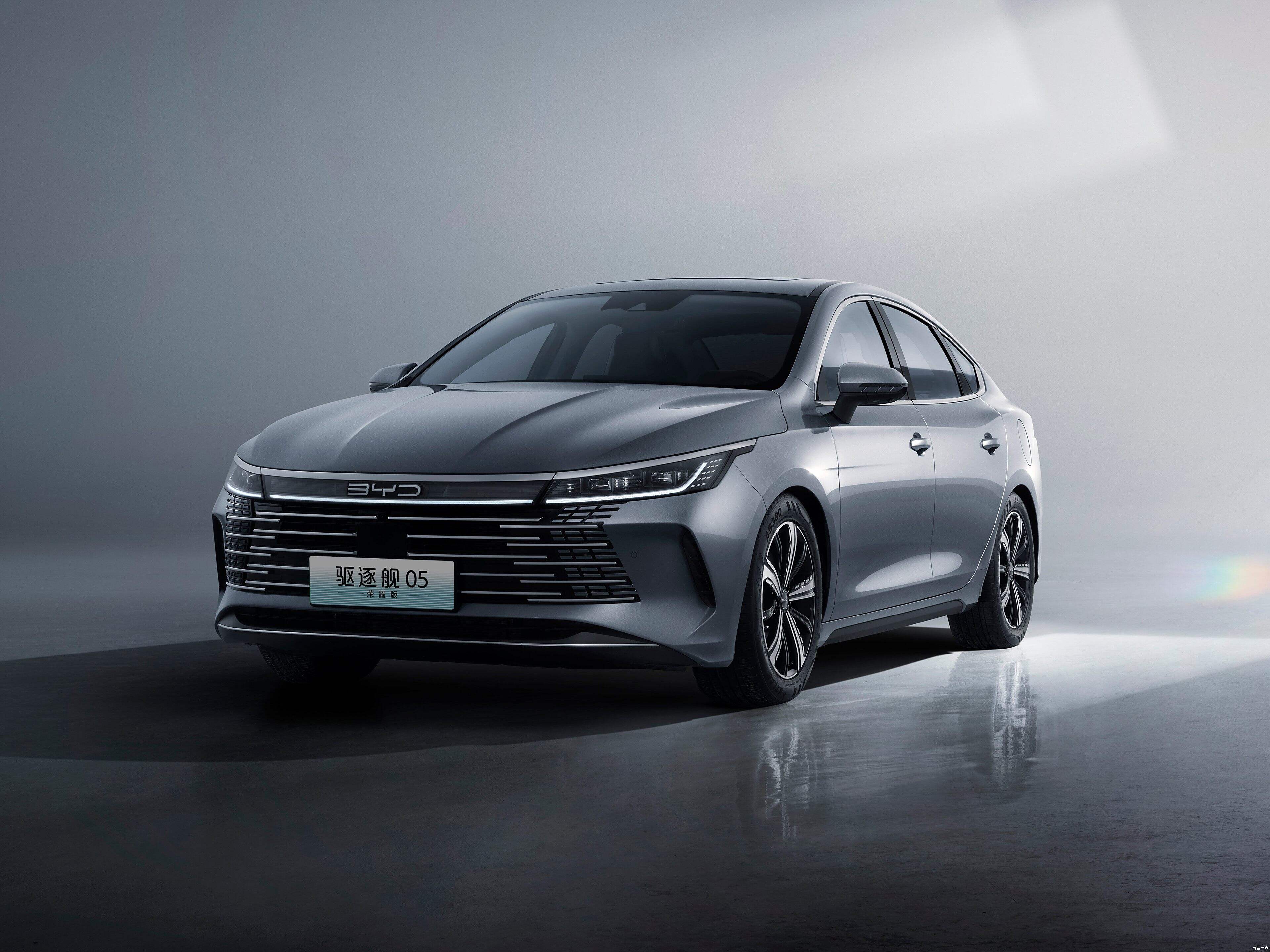gasoline powered car
The gasoline powered car represents a cornerstone of modern transportation, combining sophisticated engineering with practical utility. At its core, it operates through an internal combustion engine that converts gasoline into mechanical energy through a series of controlled explosions. This process begins when fuel is injected into the combustion chamber, where it mixes with air and is ignited by spark plugs, creating the power needed to move the vehicle forward. Modern gasoline cars feature advanced electronic fuel injection systems, computerized engine management, and sophisticated transmission technologies that optimize performance and efficiency. These vehicles typically include essential safety features such as anti-lock braking systems (ABS), electronic stability control, and multiple airbags. The technology extends to comfort and convenience features, including climate control systems, advanced infotainment interfaces, and driver assistance capabilities. Gasoline powered cars remain versatile for various applications, from daily commuting to long-distance travel, offering reliable performance across different weather conditions and terrains. They benefit from an extensive infrastructure of fueling stations and maintenance facilities, making them a practical choice for most drivers.


